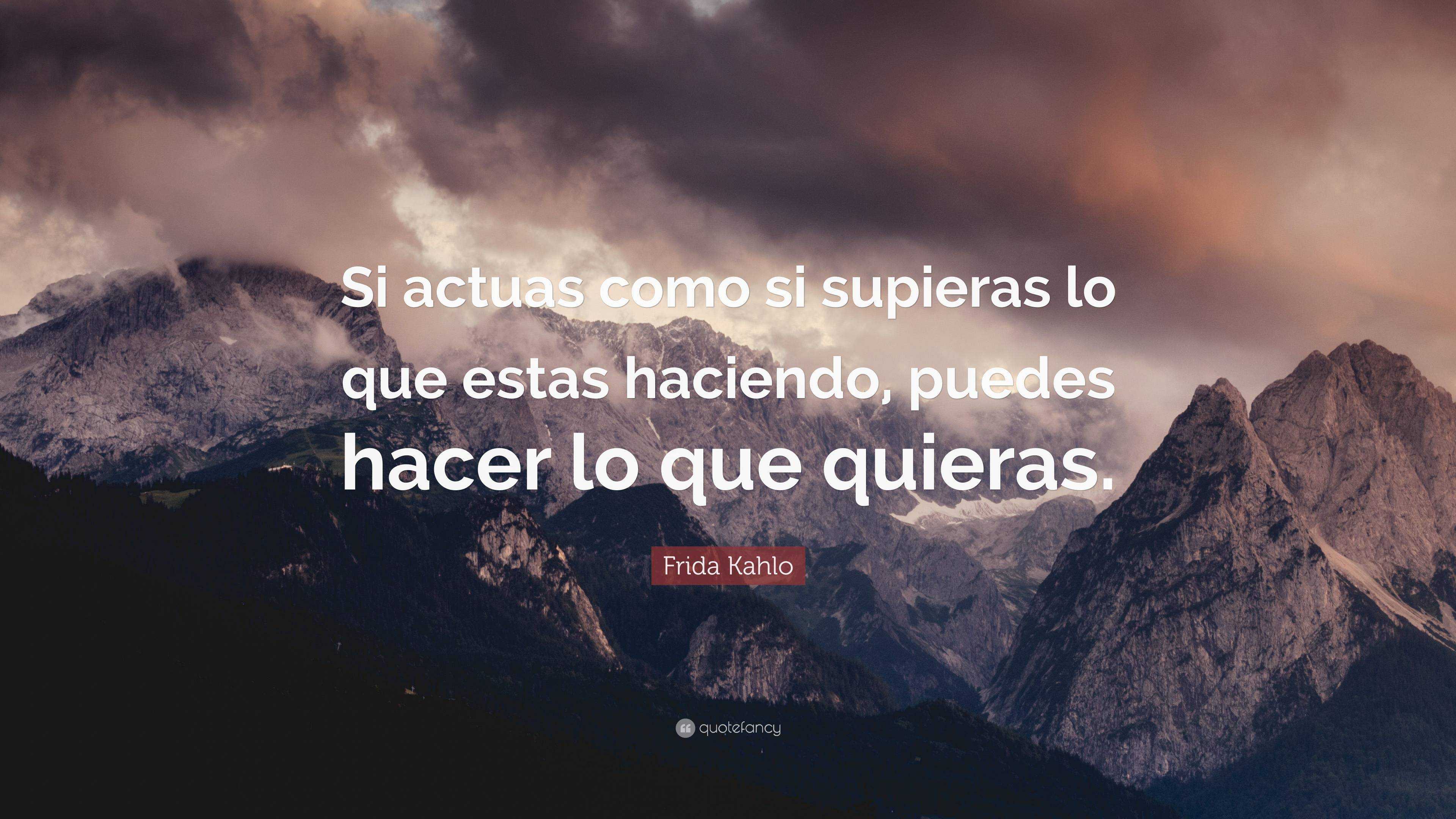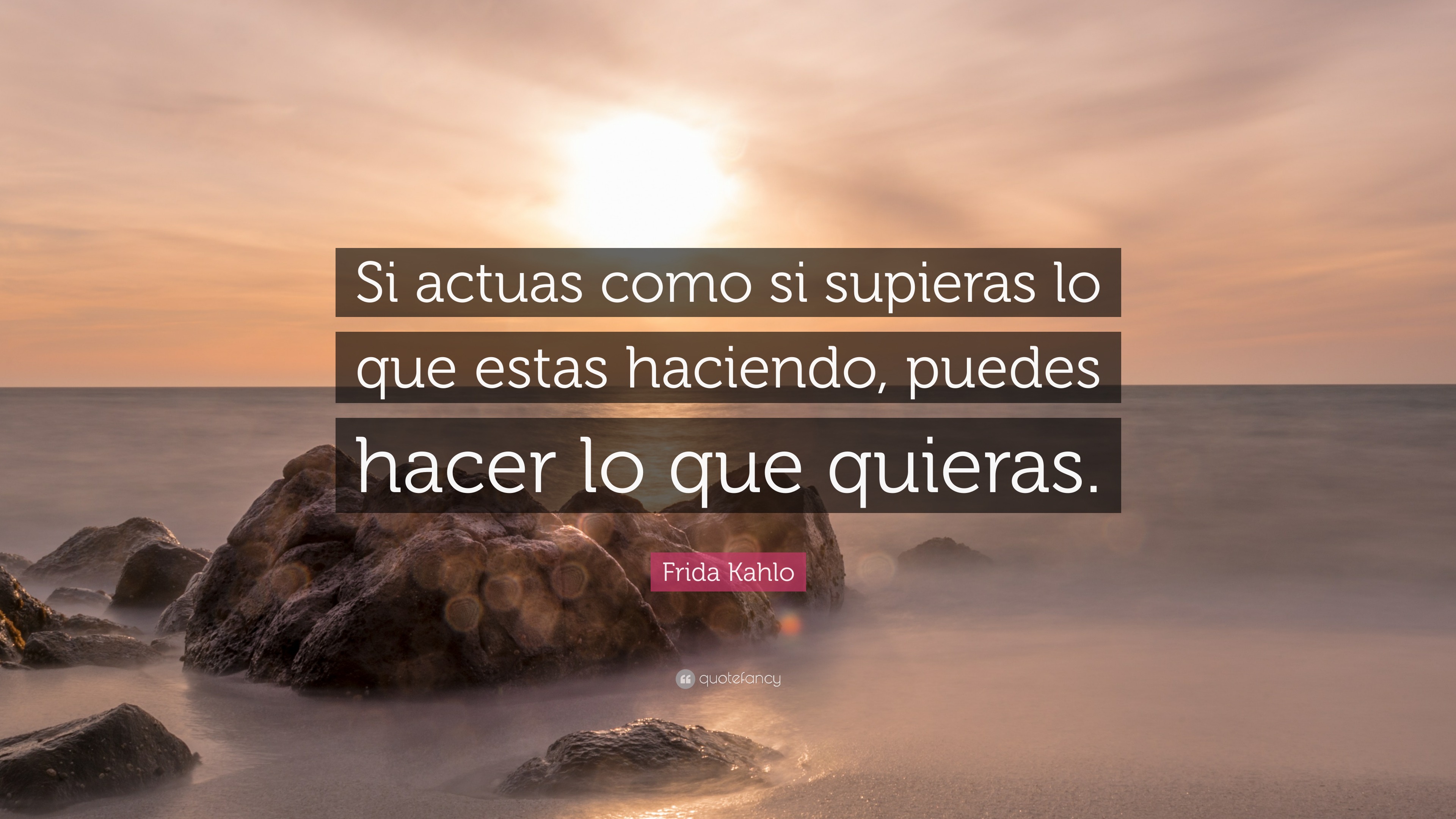Act As If You Know Nothing: A Comprehensive Guide To Embracing Humility And Knowledge
Mar 31 2025
Acting as if you know nothing might sound counterintuitive, but it is a powerful approach to learning and personal growth. This philosophy encourages individuals to approach every situation with a beginner's mindset, leaving behind preconceived notions and biases. By adopting this mindset, you open yourself up to new possibilities and insights that can transform the way you perceive the world.
The concept of "act as if you know nothing" is deeply rooted in the principles of intellectual humility and continuous learning. It emphasizes the importance of being open-minded and receptive to new information, regardless of your current level of expertise. This mindset is particularly relevant in today’s fast-paced and ever-evolving world, where knowledge is constantly expanding.
Throughout this article, we will delve into the significance of this approach, explore its applications in various aspects of life, and provide actionable insights to help you embrace this philosophy. Whether you're a student, professional, or simply someone seeking personal growth, this guide will equip you with the tools and understanding necessary to thrive in a world that values lifelong learning.
Read also:Unlock Your Creativity With The Trendy Angry Dog Filter
Table of Contents
- Origins and Philosophy of Acting as If You Know Nothing
- Benefits of Embracing This Mindset
- A Practical Approach to Adopting the Beginner's Mindset
- Overcoming Cognitive Biases
- Applications in Everyday Life
- Impact on Professional Development
- Psychological Insights and Research
- Cultural Perspective on Humility and Knowledge
- Lessons from Historical Figures
- Conclusion and Call to Action
Origins and Philosophy of Acting as If You Know Nothing
The philosophy of "acting as if you know nothing" has its roots in ancient wisdom and modern psychology. Philosophers like Socrates famously stated, "I know that I know nothing," highlighting the importance of acknowledging one's ignorance as a stepping stone to true wisdom. This concept encourages individuals to approach every situation with curiosity and a willingness to learn.
In contemporary times, this philosophy aligns with the principles of the "beginner's mind," a concept popularized by Zen Buddhism. The beginner's mind refers to an attitude of openness and eagerness to learn, free from the constraints of preconceived notions. By embracing this mindset, individuals can break free from the limitations imposed by their existing knowledge and explore new ideas with fresh eyes.
Key Principles of the Philosophy
- Recognition of one's own ignorance
- Willingness to learn from others
- Openness to new experiences and perspectives
Benefits of Embracing This Mindset
Adopting the mindset of "acting as if you know nothing" offers numerous benefits that extend beyond personal growth. It enhances interpersonal relationships, improves problem-solving skills, and fosters innovation. By setting aside assumptions and biases, individuals can engage in more meaningful and productive interactions with others.
Research conducted by Psychology Today highlights the positive impact of intellectual humility on cognitive flexibility and emotional intelligence. These qualities are essential for navigating complex social and professional environments.
Emotional and Cognitive Benefits
- Increased empathy and understanding
- Improved adaptability to change
- Enhanced creativity and problem-solving abilities
A Practical Approach to Adopting the Beginner's Mindset
Implementing the philosophy of "acting as if you know nothing" in your daily life requires conscious effort and practice. Start by cultivating self-awareness and recognizing your own biases and assumptions. This awareness will help you approach situations with a more open and receptive mindset.
Engage in activities that challenge your existing knowledge and encourage you to explore new ideas. This could include reading books on unfamiliar topics, attending workshops, or engaging in conversations with people from diverse backgrounds.
Read also:Chloe Ferry Farts A Comprehensive Look At The Viral Phenomenon
Steps to Develop a Beginner's Mindset
- Practice active listening
- Ask questions and seek clarification
- Be open to constructive criticism
Overcoming Cognitive Biases
Cognitive biases are natural tendencies that can hinder our ability to think critically and objectively. By adopting the mindset of "acting as if you know nothing," individuals can overcome these biases and make more informed decisions. Common biases such as confirmation bias and anchoring effect can be mitigated through conscious effort and self-reflection.
According to a study published in the National Library of Medicine, individuals who practice intellectual humility are better equipped to recognize and address their cognitive biases. This awareness allows them to approach problems with a more balanced and rational perspective.
Strategies to Combat Cognitive Biases
- Challenge your assumptions regularly
- Seek diverse perspectives and opinions
- Engage in reflective practices like journaling
Applications in Everyday Life
The philosophy of "acting as if you know nothing" can be applied to various aspects of daily life, from personal relationships to professional settings. In personal relationships, adopting this mindset fosters empathy and understanding, leading to stronger and more meaningful connections. In professional environments, it encourages collaboration and innovation, driving teams toward success.
For example, in a workplace setting, a manager who adopts this mindset will be more open to feedback and suggestions from team members, creating a culture of trust and collaboration. This approach not only improves team dynamics but also enhances productivity and creativity.
Real-World Examples
- Improving communication in relationships
- Enhancing teamwork and collaboration
- Encouraging innovation and creativity
Impact on Professional Development
In the realm of professional development, the mindset of "acting as if you know nothing" plays a crucial role in career advancement. It encourages individuals to continuously seek new knowledge and skills, staying ahead in a rapidly evolving job market. Employers value employees who demonstrate a willingness to learn and adapt, making this mindset a key asset in the workplace.
According to a report by The World Bank, lifelong learning is essential for maintaining employability in the 21st century. By embracing this mindset, individuals can remain competitive and relevant in their chosen fields.
Key Skills for Professional Growth
- Adaptability to change
- Continuous learning and skill acquisition
- Effective communication and collaboration
Psychological Insights and Research
Psychological research provides valuable insights into the benefits of adopting a mindset of "acting as if you know nothing." Studies have shown that individuals who practice intellectual humility exhibit higher levels of emotional intelligence and cognitive flexibility. These qualities are essential for navigating complex social and professional environments.
A study published in the American Psychological Association journal found that intellectual humility is positively correlated with open-minded thinking and critical reasoning. These findings underscore the importance of cultivating this mindset for personal and professional success.
Key Findings from Research
- Intellectual humility enhances cognitive flexibility
- Open-minded thinking leads to better decision-making
- Critical reasoning skills improve problem-solving abilities
Cultural Perspective on Humility and Knowledge
Cultural perspectives on humility and knowledge vary across different societies and traditions. In many Eastern philosophies, such as Buddhism and Confucianism, humility is considered a virtue that fosters personal growth and social harmony. Western cultures, on the other hand, often emphasize individual achievement and self-confidence, which can sometimes conflict with the principles of humility.
Understanding these cultural differences can help individuals appreciate the value of humility in diverse contexts. By embracing the mindset of "acting as if you know nothing," individuals can bridge cultural gaps and foster mutual understanding and respect.
Cultural Examples of Humility
- Eastern philosophies and their emphasis on humility
- Western perspectives on self-confidence and achievement
- Global trends toward embracing lifelong learning
Lessons from Historical Figures
Throughout history, numerous figures have exemplified the philosophy of "acting as if you know nothing." From philosophers like Socrates to scientists like Albert Einstein, these individuals recognized the importance of intellectual humility in their pursuit of knowledge. Their stories serve as inspiration for those seeking to adopt this mindset in their own lives.
Albert Einstein once said, "The more I learn, the more I realize how much I don't know." This statement encapsulates the essence of intellectual humility and the importance of continuous learning. By studying the lives and works of such figures, individuals can gain valuable insights into the power of this philosophy.
Historical Figures Who Embodied Intellectual Humility
- Socrates and his contributions to philosophy
- Albert Einstein and his pursuit of knowledge
- Other notable figures who embraced lifelong learning
Conclusion and Call to Action
In conclusion, the philosophy of "acting as if you know nothing" offers a powerful framework for personal and professional growth. By embracing this mindset, individuals can cultivate intellectual humility, overcome cognitive biases, and foster meaningful relationships. The benefits of this approach extend beyond individual success, contributing to a more informed and compassionate society.
We encourage you to take action by applying these principles in your daily life. Start by recognizing your own biases and assumptions, and actively seek out new knowledge and perspectives. Share your experiences and insights with others, and inspire them to embrace this mindset as well. Together, we can create a world that values lifelong learning and intellectual humility.
Thank you for reading this comprehensive guide. We invite you to leave your thoughts and feedback in the comments section below, and explore other articles on our website for further insights into personal and professional development.


